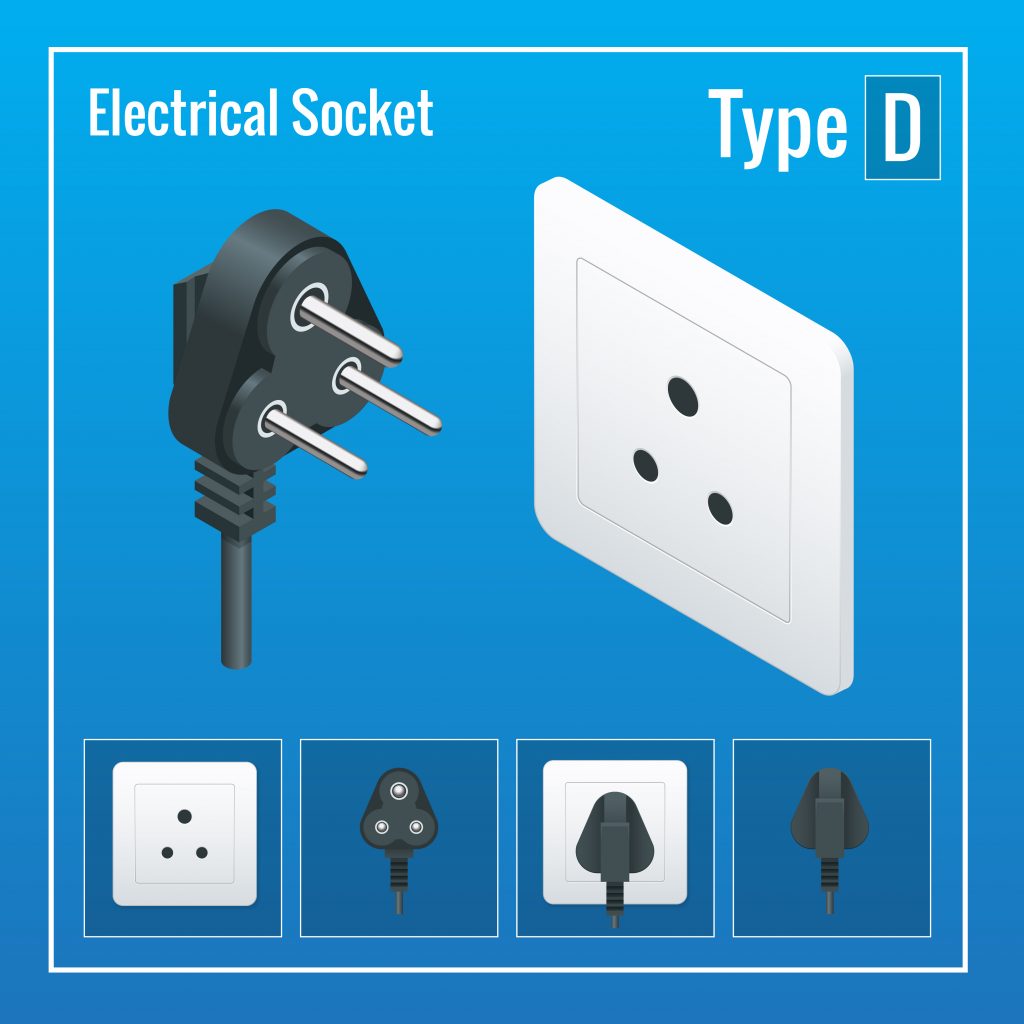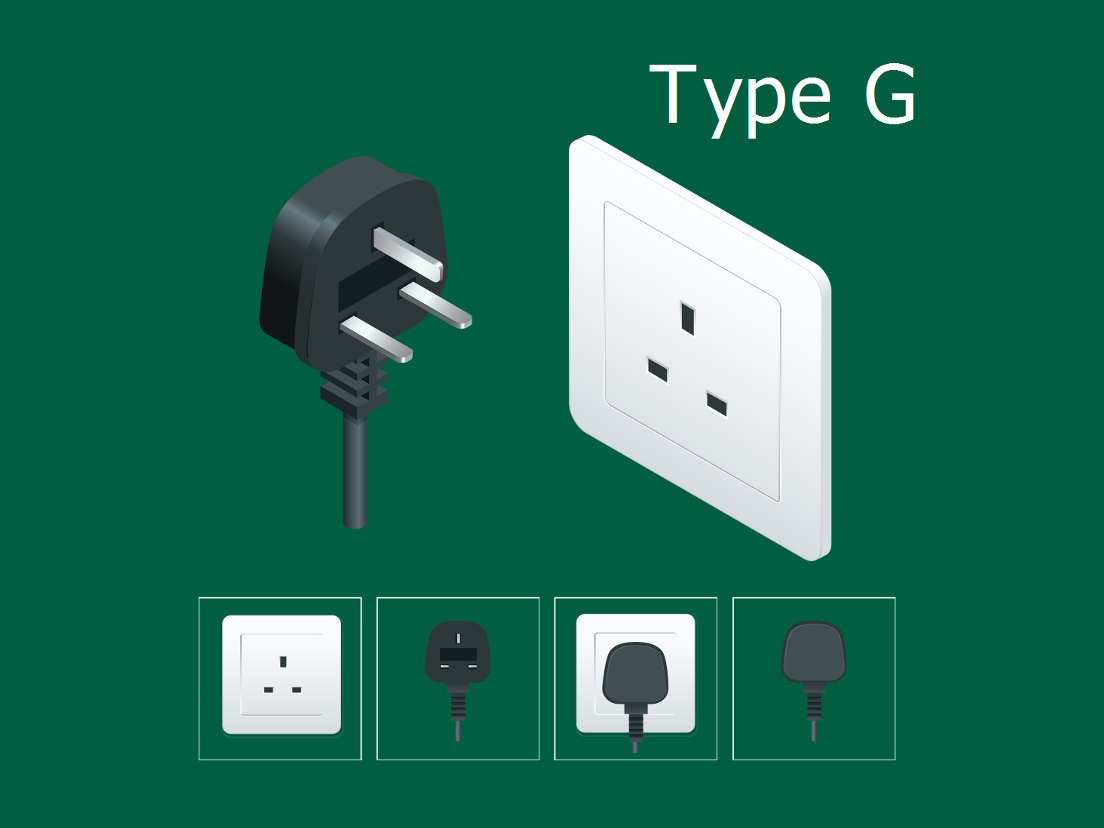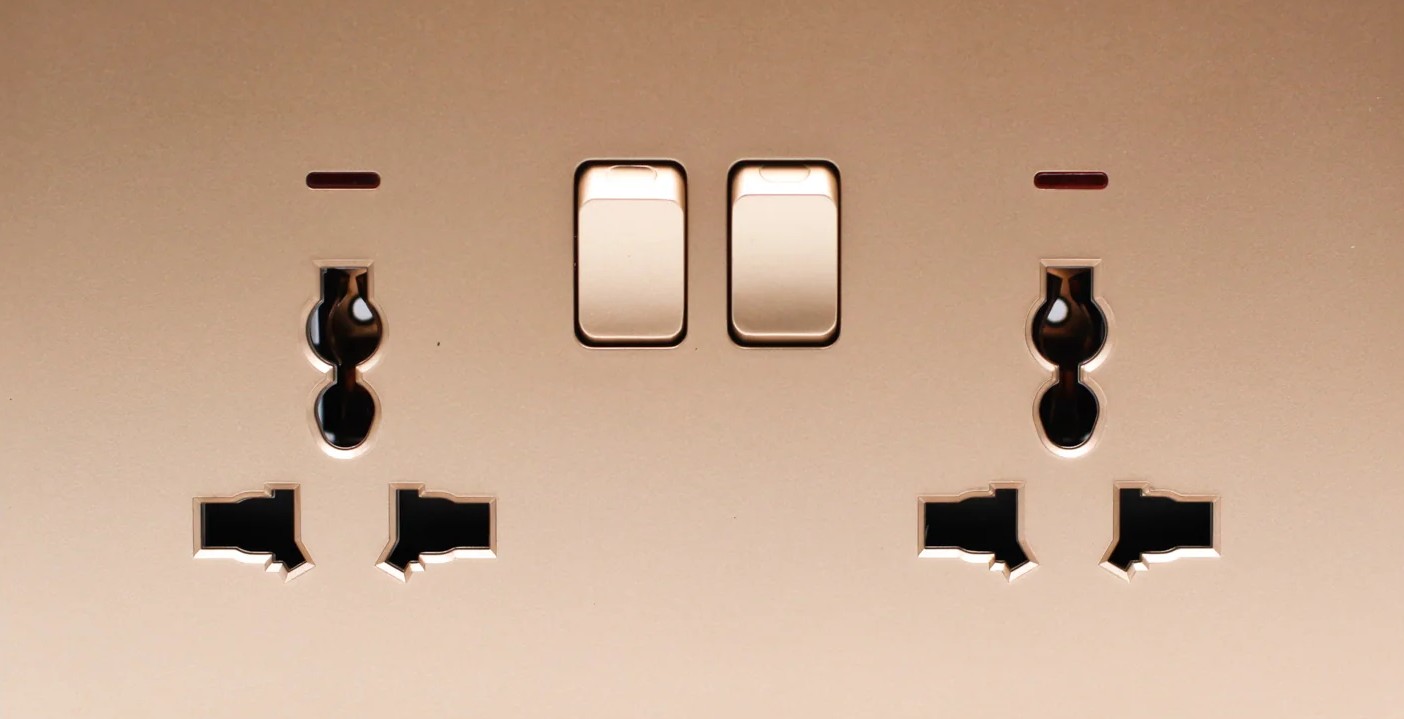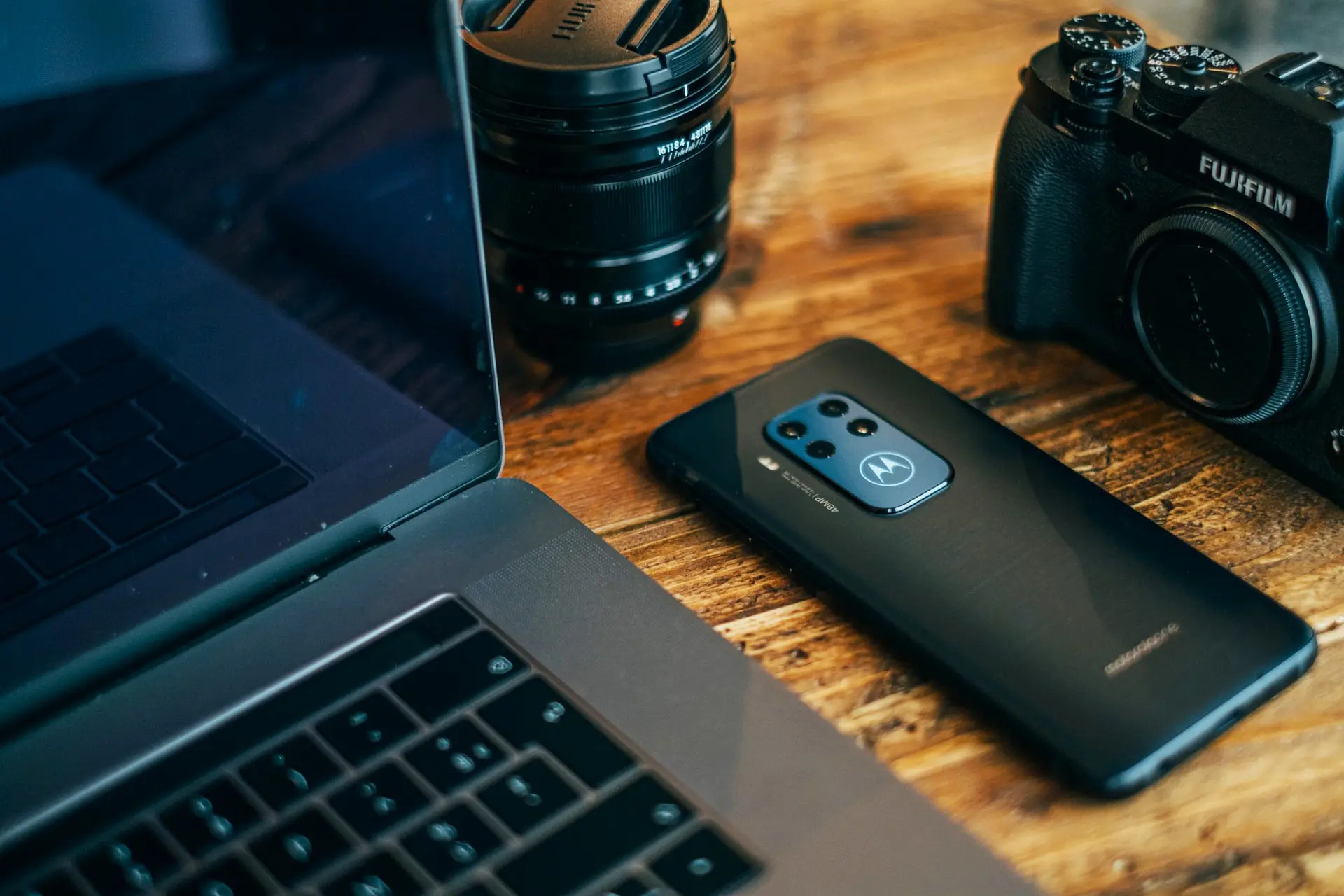TANZANIA ELECTRICAL OUTLETS
What Travelers Need to Know Before Your Safari with Nyamera Treks and Safaris
Tanzania Electrical Outlets use the UK-style plug type G, with a standard voltage of 230V and a frequency of 50Hz. Travelers are advised to bring a universal adapter to ensure their devices stay charged throughout their safari or mountain adventure in Tanzania.
When preparing for your unforgettable safari experience in Tanzania, many travelers focus on packing clothes, booking game drives, and getting the right travel documents. However, one often-overlooked but essential aspect of planning is understanding Tanzania’s electrical outlet and voltage system. Whether you’re staying in a luxury safari lodge, a tented camp in the Serengeti, or a cozy guesthouse near Mount Kilimanjaro, knowing how to power your devices is key to a smooth and comfortable journey.
At Nyamera Treks and Safaris, we want our guests to feel fully prepared. So here’s everything you need to know about Tanzania electrical outlets—including plug types, voltage compatibility, and whether you need an adapter or converter.
What Type of Electrical Outlets Are Used in Tanzania?
Tanzania primarily uses Type G electrical sockets, the same ones used in the United Kingdom. These outlets have three rectangular pins arranged in a triangular pattern. If you’re coming from countries like the U.S., Canada, or Japan, your plugs won’t fit unless you bring a travel adapter.
Type D – Rare and Mostly Obsolete
Some sources might mention Type D sockets (three round pins), but these are largely outdated and only occasionally found in older buildings. Most modern accommodations no longer use them.
Type G – The Most Common in Tanzania
This British-style plug is widely used across hotels, lodges, and homes. If you already own UK-compatible devices, you’re all set. If not, a Type G adapter is essential.
Universal Outlets – Growing in Popularity
The good news? Many newer safari lodges and city hotels now feature multi-type or universal outlets, which accommodate a variety of plug styles from around the world. Some even include USB charging ports, which are helpful for phones, tablets, and cameras.
Do You Need a Voltage Converter in Tanzania?
Tanzania’s standard voltage is 230V, with a frequency of 50Hz. This is compatible with most European, Asian, and African electronics.
However, if you’re traveling from a country where the standard voltage is 110V–127V (like the U.S. or Japan), you’ll need to check your devices. Using a 110V-only device on a 230V outlet without a voltage converter could damage it permanently.
Here’s how to know:
- Look for a label on your charger or device that says “Input: 100-240V” – this means it’s dual voltage and can safely be used in Tanzania.
- If it only says “110V” or “120V”, you’ll need a voltage converter in addition to a plug adapter.
Some devices, like laptops, modern phone chargers, and cameras, are usually dual voltage. However, items like hair dryers, curling irons, and electric shavers often are not. To be safe, always double-check.
Tips for Staying Powered on Safari
- Pack a Universal Travel Adapter – Especially one that includes USB ports and supports Type G plugs.
- Bring a Power Bank – Ideal for long days on safari when charging options are limited.
- Check Your Devices – Ensure all your essential electronics are dual-voltage or bring a converter.
- Expect Limited Electricity – In some remote safari camps, electricity may only be available during certain hours (usually via solar or generator).
- Bring a Multi-USB Charger – If you’re traveling as a couple or family, this can help keep multiple devices charged with limited outlets.
Optional: Surge Protectors
Tanzania occasionally experiences power fluctuations, especially in rural areas. If you’re bringing expensive electronics, a voltage converter or adapter with surge protection is a smart investment.
Final Word from Nyamera Treks and Safaris
Powering your safari experience doesn’t have to be complicated. By knowing what type of electrical outlets Tanzania uses, and what adapters or converters you might need, you’ll avoid unnecessary surprises. At Nyamera Treks and Safaris, we encourage all travelers to come prepared so they can focus on what truly matters—exploring the wild beauty of Tanzania.

























